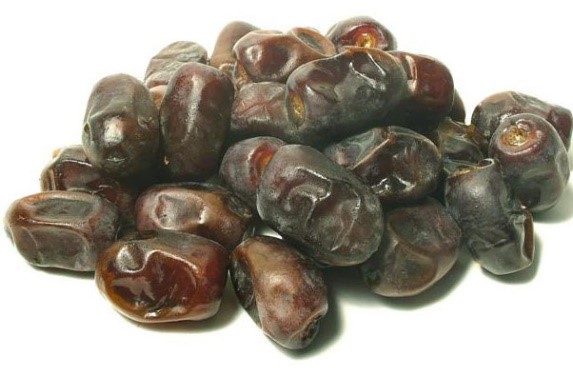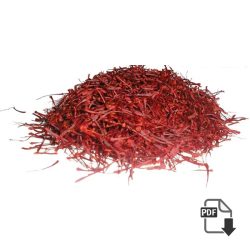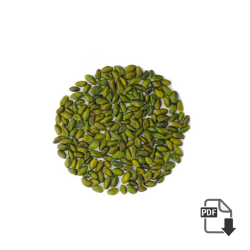— Does Peanut Butter Raise Cholesterol? —
Does Peanut Butter Raise Cholesterol: Peanut Butter is one of the most popular and tasty foods that can easily supply a person’s daily energy, though there are people who are not good at or sensitive to this food and butter. And they can’t enjoy it the way they should. Peanut butter has numerous properties and is one of the foods that can make a person fat or lose weight!
Please for more information or any inquiry click here ……
This post is going to tell you everything you need to know about peanut butter and its properties and to answer that question “Does peanut butter raise cholesterol?” precisely. So we suggest you don’t miss this delicious one.
Peanut butter was first made in the year 1882 by Canadian Marcellus Gilmore Edson and has been the most popular food in the world, especially in America, for more than 131 years. Peanut butter is rich in nutrients and very tasty. It can be consumed with any type of food, from fruit and chocolate to jelly and celery.
High levels of monounsaturated fat and other nutrients make peanut butter one of the best snacks and snacks to lose weight. Like many vegetable kernel butter, peanut butter contains high fat and calories (about 90 calories and 16 grams of fat per 2 tablespoons). The good news is that by eating 2 tablespoons of peanut butter in addition to getting 190 calories, you also get lots of nutrients. Their brains and butter are a great source of protein, fiber, vitamins, minerals, and plant chemicals.
In 2003, the US Food and Drug Administration approved claims of health benefits for peanut butter and some vegetable kernels and announced that scientific evidence suggests eating more vegetable kernels for 42 grams per day (as part of a low-cholesterol and Saturated Low Fat) can reduce the risk of heart disease.
Peanuts are nutritionally similar to brains. About half its weight is fat and the rest is approximately equal to protein and carbohydrates (with fiber). About half of all peanut fat is monounsaturated fatty acids. This is the fat associated with a healthier blood lipid level. One-third of its fat is polyunsaturated fats, which are made entirely of peanuts in omega-6 fatty acids. About 14% of its fat is naturally saturated.
In one study at a US university, the effects of a peanut and butter diet on lowering blood cholesterol were compared to the average American diet. The results showed that the risk of heart disease was reduced by intermittent and repeated consumption of peanuts (each time a small amount).
The effects of a peanut diet
- Lowering total cholesterol and LDL cholesterol (bad cholesterol)
- Maintaining HDL Cholesterol (Good Cholesterol)
- 3.Reduce triglycerides
It also has a lot of unsaturated fat.
Peanuts and butter are a good and economical source of protein and provide most of the hard-earned vitamins and minerals that these vitamins and minerals include folic acid, vitamin E, copper, selenium, magnesium, zinc as well as vegetable pigments and edible fiber.
Peanuts are a good source of potassium-folic acid-niacin-pantothenic acid-phosphorus-magnesium-zinc and vitamin B1. Peanut butter is a source of vitamin B6 – folic acid, phosphorus – magnesium – zinc and potassium, and is a very good source of niacin. 85% of peanut fat is unsaturated (good) fat. Unsaturated fats lower blood cholesterol and thereby affect heart health. Also, peanuts and butter have no Trans fats.
When it is recommended that people should balance their fat intake, it does not mean that they should eliminate fat from their diet. According to nutrition recommendations, up to 30 percent of your energy can be obtained from fats, and this is a good amount. Of course, the type of fat that makes up this 30 percent is very important.
In this post, full details about peanut butter and its effects on lowering blood cholesterol are discussed.
Please for more information or any inquiry click here ……
other products
-
Whole dried apricot Special wholesale price + analysis + sale offer
This variety is very sweet with an orange color. Sulfur is added to whole dried apricots in order to maintain the natural color, prevent bug infestation, and increase preservation.
-
Dried lime Powder
Dried Lime: Producer area: Fars, Hormozgan How to store: Fresh dried lime is in mustard color and sour taste. Dried lime in big size and darker color is the one with high quality. It can be stored in dry place…
-
Dried Prune
Since time immemorial, dried plume has been reputed for its anti-conception properties. However its benefits have gone beyond this. Wishing to lose some weight, we highly recommend you to put dried plume to your diet, either in your food or…
-
Sargol Saffron | most economical saffron for import
Sargol Saffron | most economical saffron for import : sargol saffron consists only of Dark Red Stigma (thread) Tips. So. in other words all the white and orange parts are removed. This saffron is the second most expensive type of…

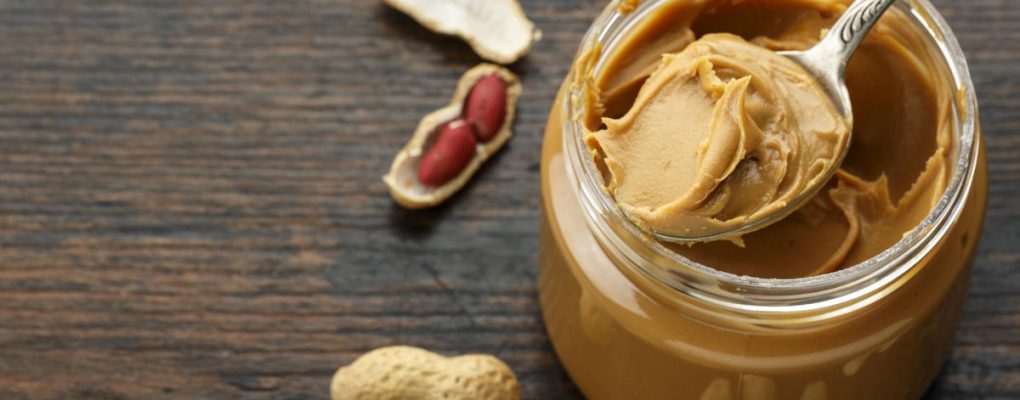

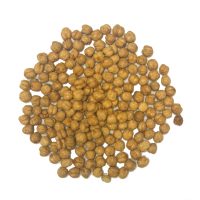
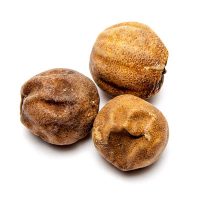
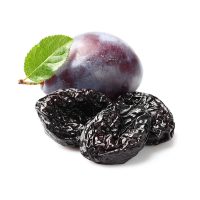
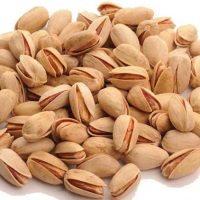
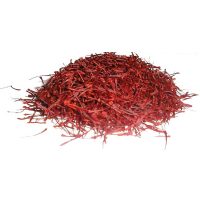
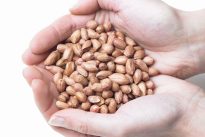
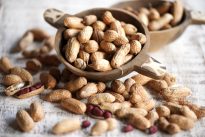
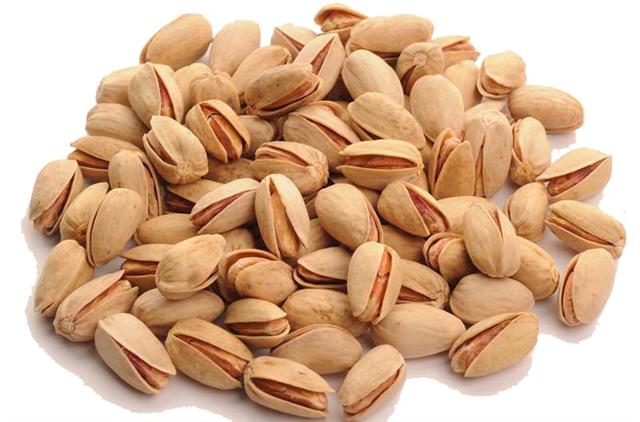
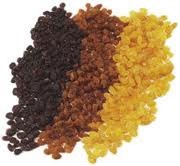 3 kind raisin
3 kind raisin 